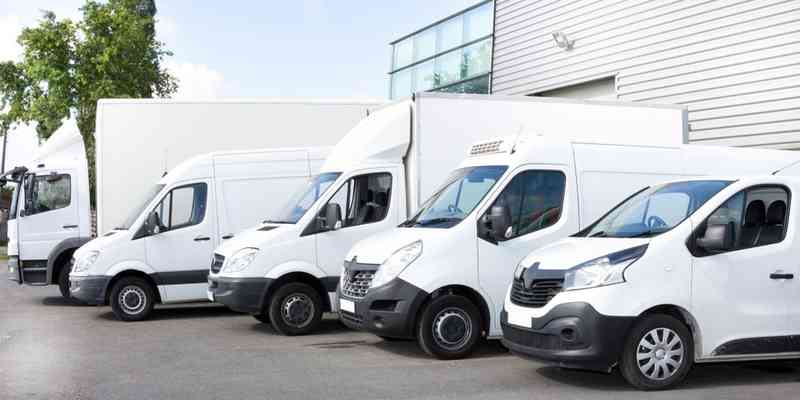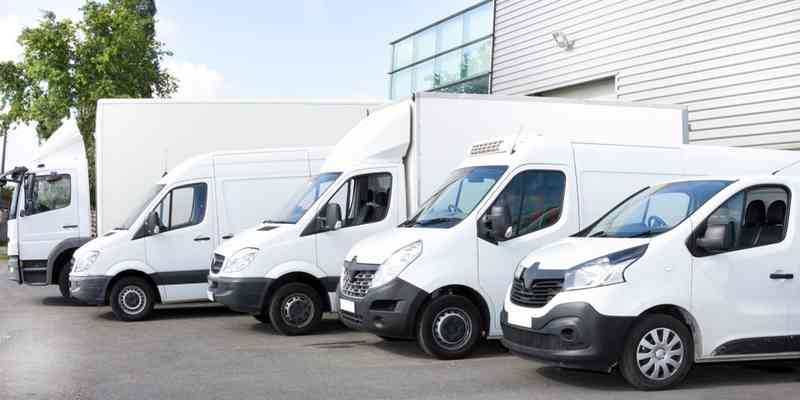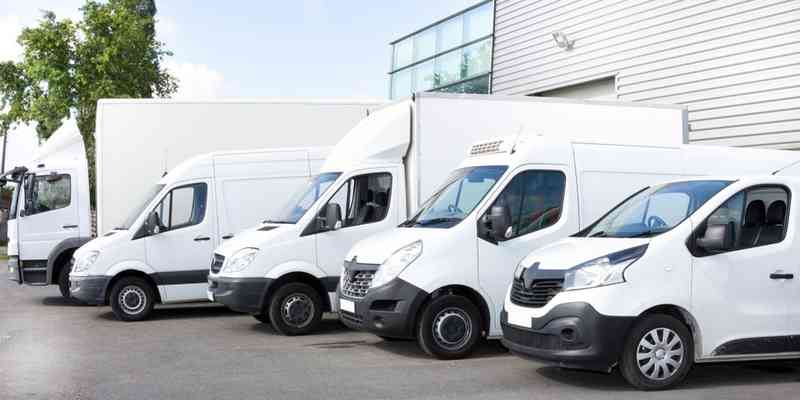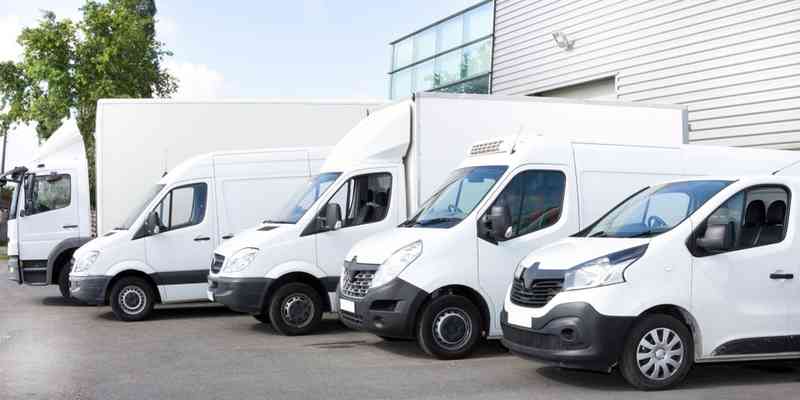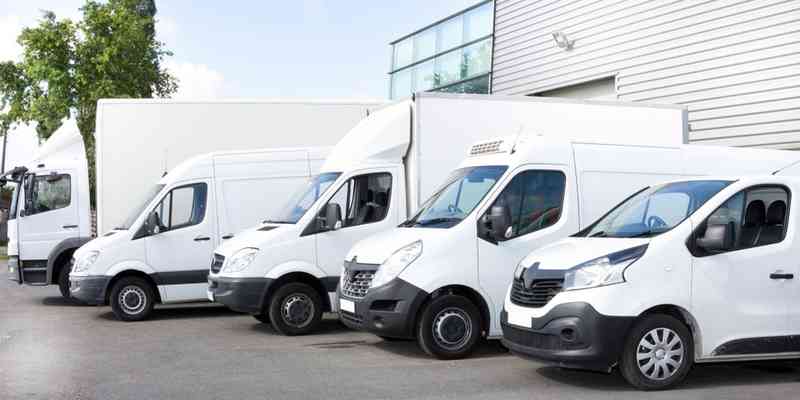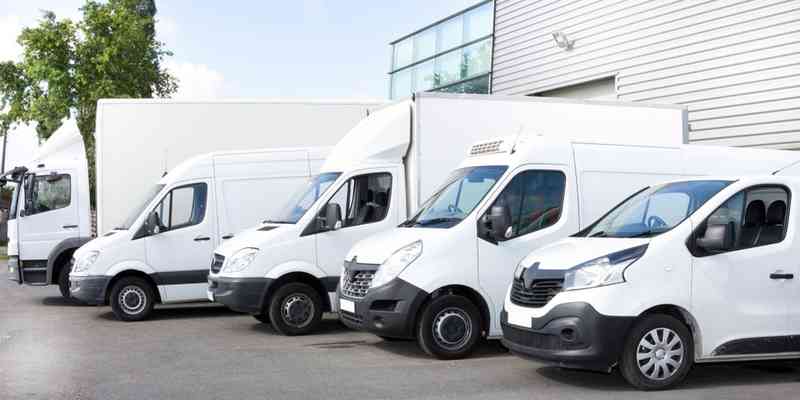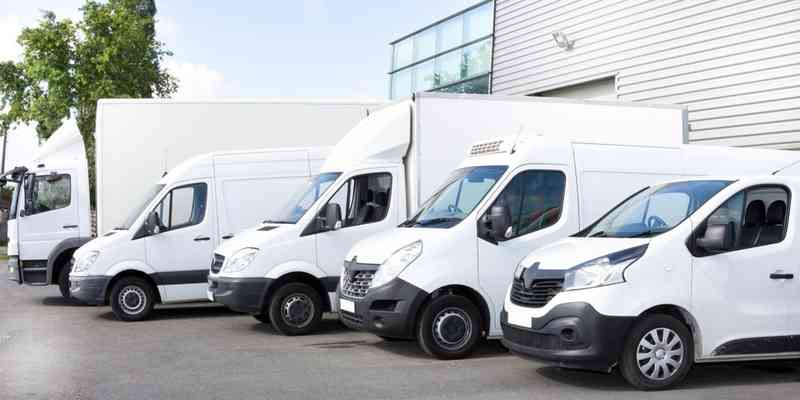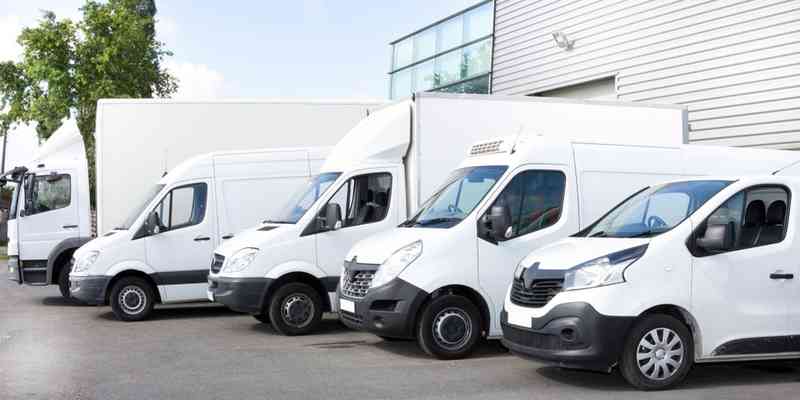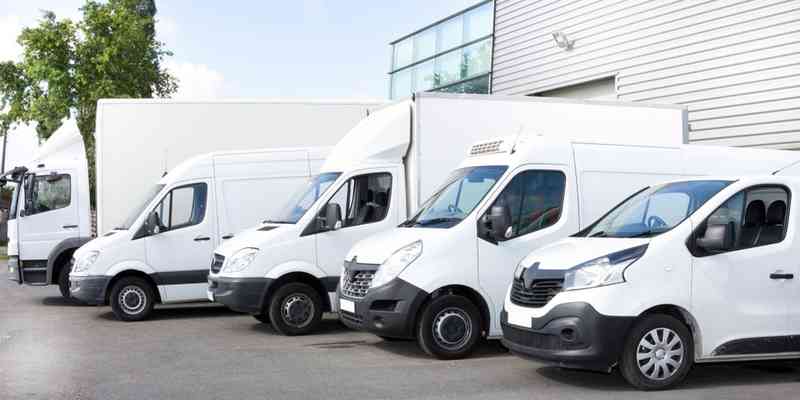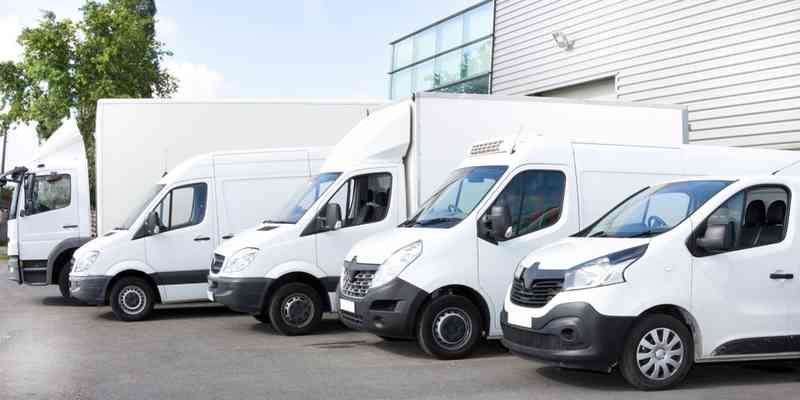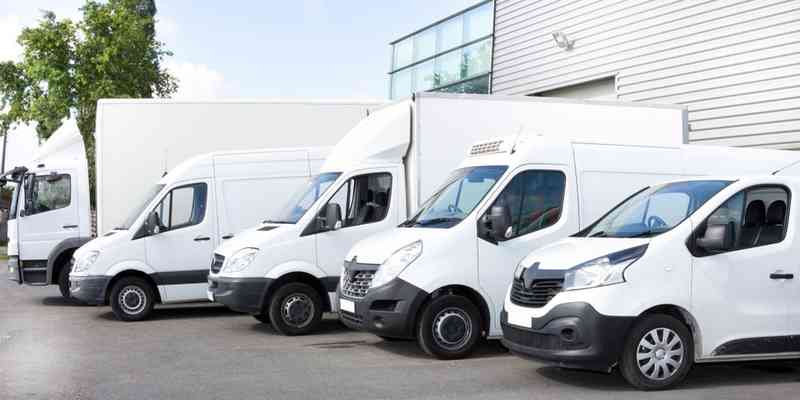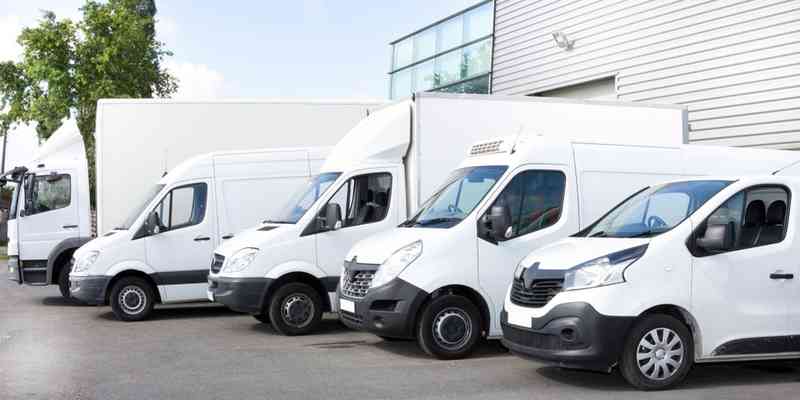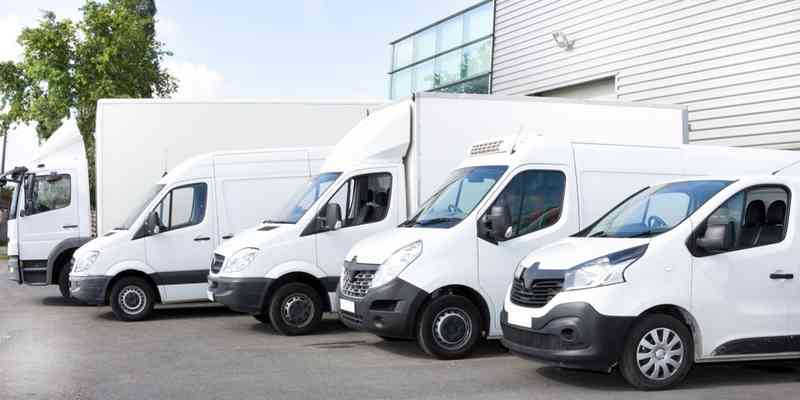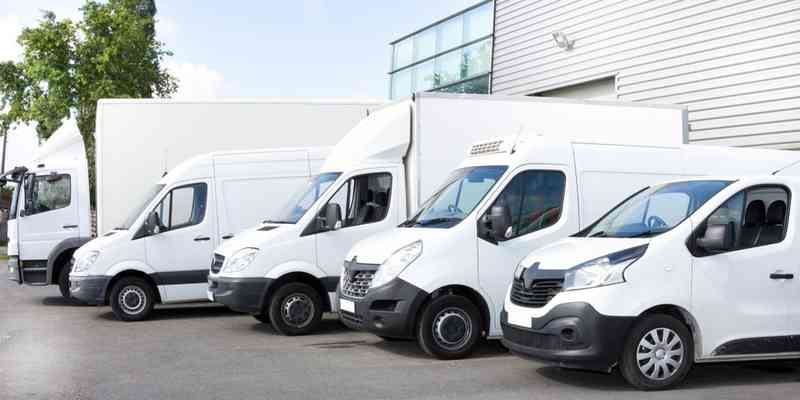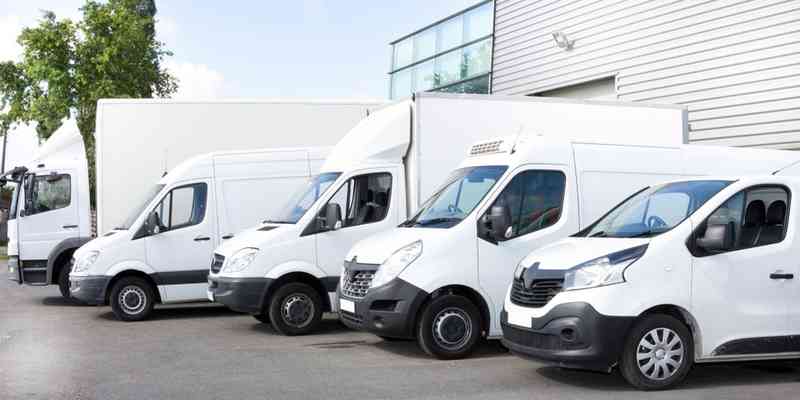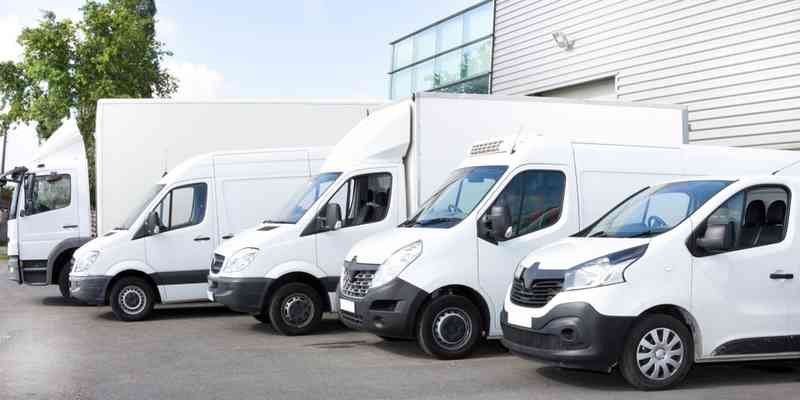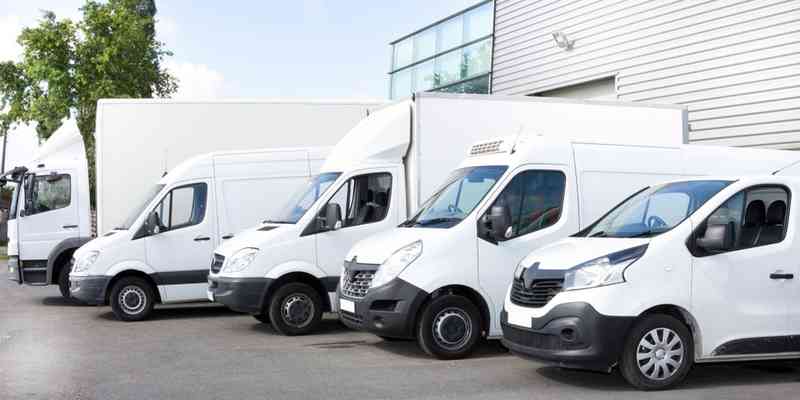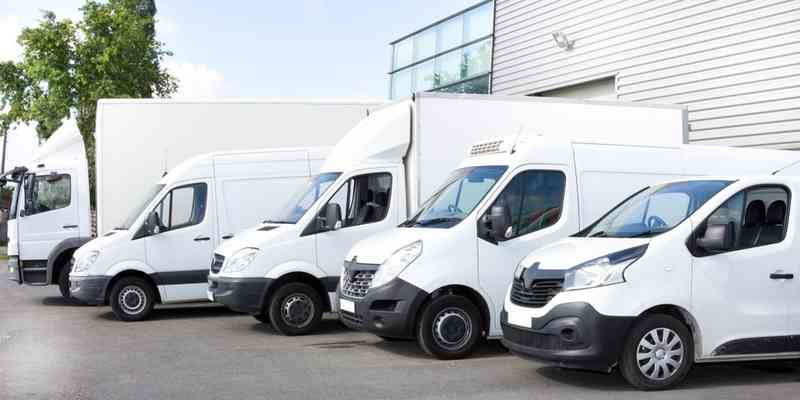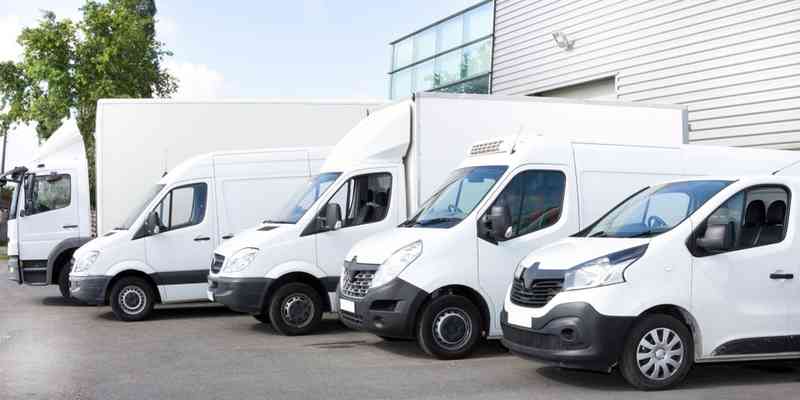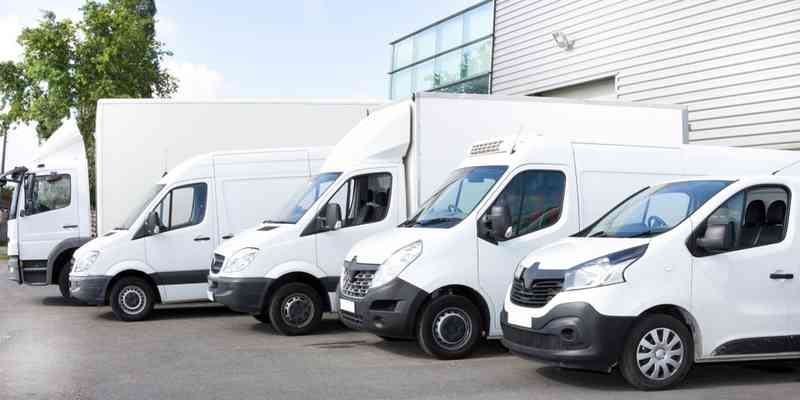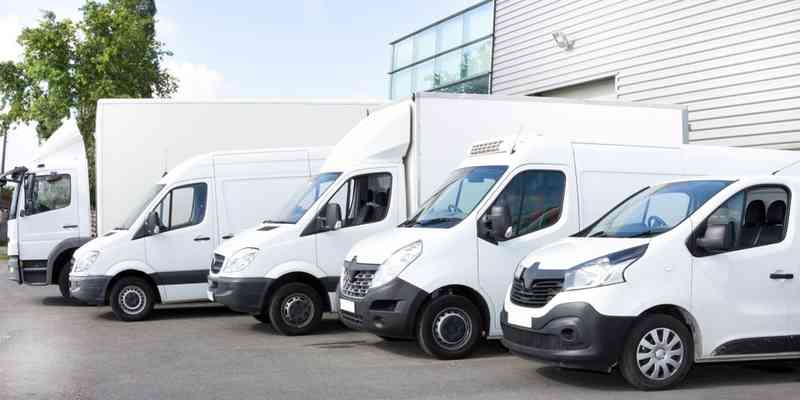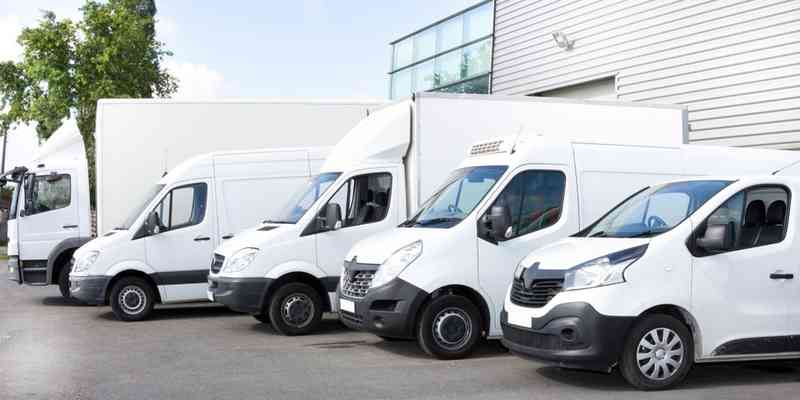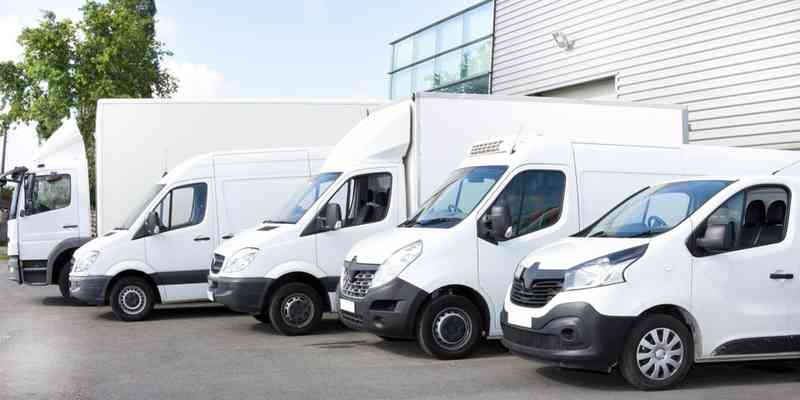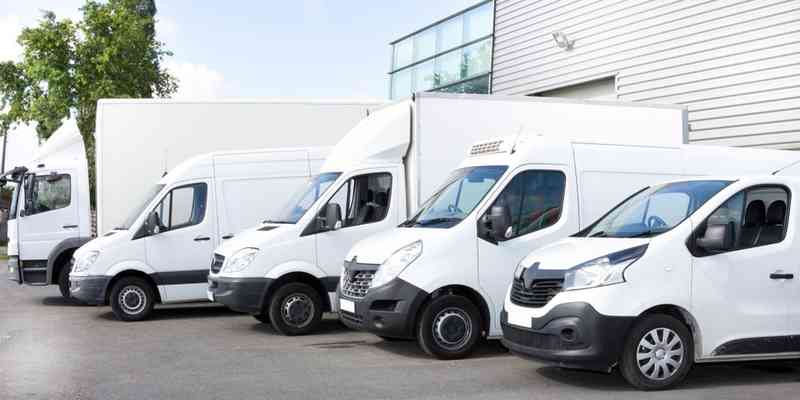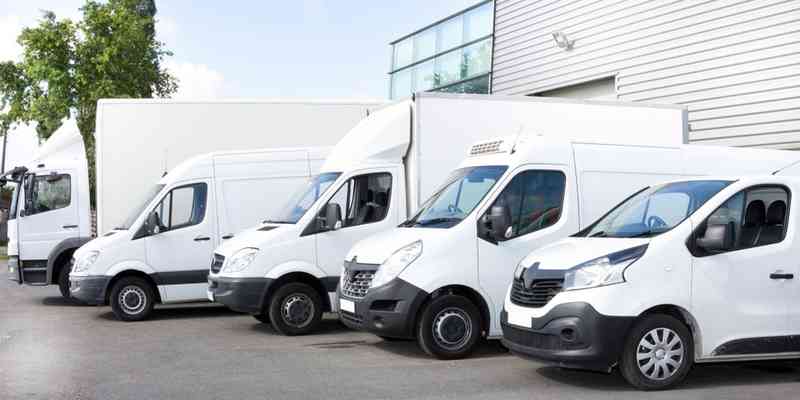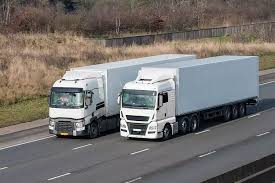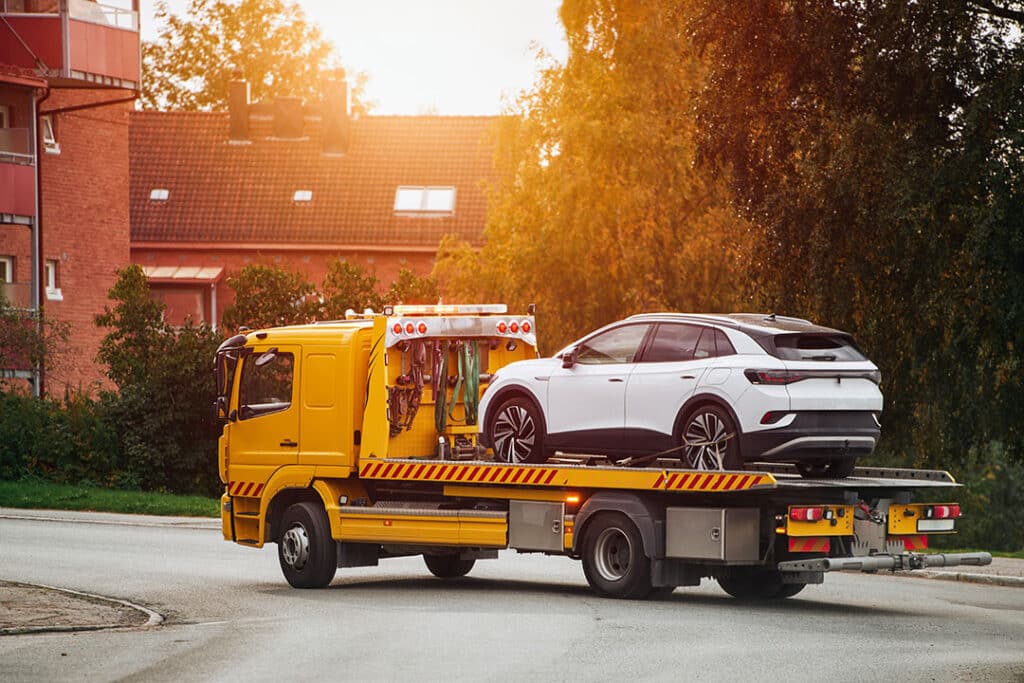Commercial Vehicle Insurance vs Car Insurance: Key Differences
When running a business that involves vehicles, understanding the distinction between commercial vehicle insurance and standard car insurance is crucial. Many business owners mistakenly assume their personal car insurance will cover business use, which can lead to costly gaps in coverage. Let's explore the key differences to help you make informed decisions about your vehicle insurance needs.
What is Commercial Vehicle Insurance?
Commercial vehicle insurance is specifically designed to protect vehicles used for business purposes. This includes delivery vans, company cars, trucks, and any vehicle used to generate income or conduct business operations. Unlike personal car insurance, commercial policies are tailored to address the unique risks businesses face.
What is Car Insurance?
Car insurance, also known as personal auto insurance, covers vehicles used for personal activities such as commuting to work, running errands, or leisure driving. These policies are designed for individual drivers and their families, with coverage limits and terms suited to personal use.
Key Differences Between Commercial and Personal Vehicle Insurance
1. Coverage Scope and Limits
Commercial Vehicle Insurance:
- Higher liability limits to protect against business-related claims
- Coverage for multiple drivers and vehicles under one policy
- Protection for business equipment and tools carried in vehicles
- Coverage for hired and non-owned vehicles
Car Insurance:
- Lower liability limits suitable for personal use
- Typically covers named drivers and specific vehicles
- Limited coverage for business equipment
- Focused on personal property protection
2. Usage and Risk Assessment
Commercial Vehicle Insurance:
- Covers vehicles used for business operations, deliveries, and client visits
- Accounts for higher mileage and increased accident risk
- Considers the nature of business operations
- Includes coverage for vehicles used to transport goods or passengers for profit
Car Insurance:
- Covers commuting and personal use
- Based on personal driving habits and history
- Lower risk assessment due to limited business exposure
- Excludes commercial activities and profit-generating use
3. Cost Considerations
Commercial Vehicle Insurance:
- Generally more expensive due to higher risk exposure
- Premiums based on business type, vehicle use, and driver qualifications
- Potential for fleet discounts with multiple vehicles
- Tax-deductible as a business expense
Car Insurance:
- Typically less expensive for personal use
- Premiums based on personal driving record and vehicle type
- Limited business use may void coverage
- Not tax-deductible for personal use
4. Legal Requirements
Commercial Vehicle Insurance:
- Must comply with commercial vehicle regulations
- Higher minimum liability requirements in many jurisdictions
- May require additional permits and documentation
- Subject to commercial vehicle safety standards
Car Insurance:
- Must meet standard personal auto insurance requirements
- Lower minimum liability limits
- Standard licensing requirements
- Personal vehicle safety standards
5. Claims Process
Commercial Vehicle Insurance:
- Business-focused claims handling
- Consideration of business interruption costs
- Faster resolution to minimize business impact
- Coverage for loss of income during repairs
Car Insurance:
- Individual-focused claims process
- Limited consideration of business impact
- Standard repair and replacement procedures
- No coverage for business income loss
When Do You Need Commercial Vehicle Insurance?
You need commercial vehicle insurance if your vehicle is used for:
- Business deliveries or transportation services
- Carrying business equipment or tools
- Visiting clients or job sites
- Transporting employees for business purposes
- Any activity that generates income
Common Misconceptions
"My Personal Insurance Covers Some Business Use"
While some personal policies include limited business use, this typically excludes regular commercial activities. Using your vehicle for business without proper coverage can void your policy.
"Commercial Insurance is Too Expensive"
While commercial insurance costs more upfront, it provides essential protection that personal policies lack. The cost of being underinsured far exceeds the premium difference.
"I Only Use My Vehicle Occasionally for Business"
Even occasional business use can require commercial coverage. The frequency doesn't eliminate the need for proper protection.
Choosing the Right Coverage
For Business Owners:
- Assess your vehicle usage honestly
- Consider the value of equipment and tools carried
- Evaluate your business's liability exposure
- Review coverage limits and deductibles
For Personal Use:
- Ensure adequate liability coverage
- Consider comprehensive and collision coverage
- Review policy exclusions for business use
- Understand your coverage limits
Making the Switch
If you're currently using personal insurance for business purposes, contact your insurance provider immediately to discuss your options. Many insurers offer conversion programs to help transition from personal to commercial coverage without gaps in protection.
Conclusion
Understanding the differences between commercial vehicle insurance and car insurance is essential for proper risk management. While personal insurance serves individual needs effectively, business operations require the comprehensive protection that only commercial vehicle insurance can provide.
At Insure24, we specialize in helping businesses navigate these important decisions. Our expert team can assess your specific needs and recommend the right commercial vehicle insurance solution for your business.
Ready to protect your business vehicles properly? Contact Insure24 today at 0330 127 2333 or visit our website at www.insure24.co.uk to discuss your commercial vehicle insurance needs.


 0330 127 2333
0330 127 2333
